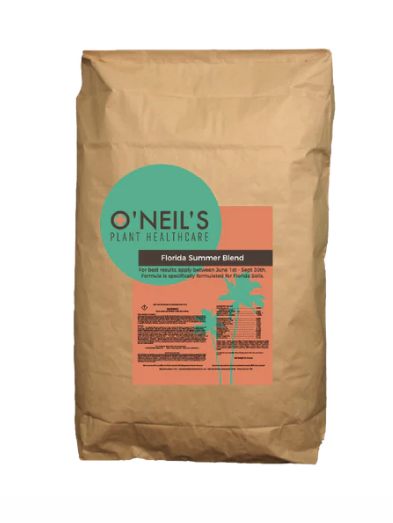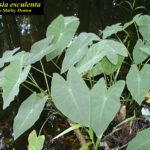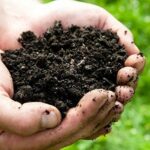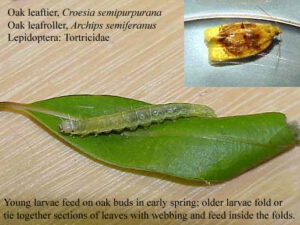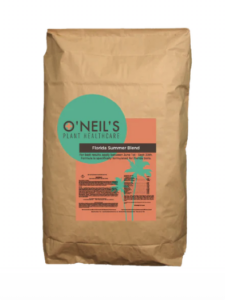
Nurturing Soil Naturally: Exploring Organic Soil Therapy
Imagine a world where soil is treated with care, like a living ecosystem that forms the foundation of our food and plant growth. Organic soil therapy embodies this vision, offering a holistic approach to managing soil health sustainably. By relying on natural methods and resources, it aims to improve and nurture soil in ways that benefit both plants and the environment.
Going Organic: The Basics
Organic soil therapy revolves around enhancing soil health through organic and sustainable practices. Instead of relying on synthetic chemicals, this approach embraces elements like compost, plant materials, manure, and beneficial microorganisms. These resources work together to bolster the soil’s physical, chemical, and biological properties. The goal is to cultivate thriving soil ecosystems that promote sustainable agriculture and gardening.
Building Healthy Soil Ecosystems
Central to organic soil therapy is the cultivation of vibrant soil ecosystems. Healthy soil teams with life, from helpful bacteria and fungi to earthworms and microorganisms that break down organic matter. These organisms play a crucial role in nutrient cycling, pest regulation, and improving soil structure. Harnessing their power is the key to maintaining long-term soil fertility, preventing pests and diseases, controlling water retention, and aiding in the carbon storage vital for photosynthesis.
Embracing Organic Fertilizers
While the focus is on natural processes, organic fertilizers can play a role in supporting soil health. These fertilizers consist of naturally derived materials rich in essential nutrients and beneficial organisms. Whether it’s through composting, using plant or animal by-products, or bio fertilizers, these natural blends can be created with care. Many can even be crafted by homeowners themselves. By using organic fertilizers, you’re providing the soil with nourishment that benefits both the soil and the plants it nurtures.
Restorative Practices for Soil Health
Organic soil therapy involves implementing practices that restore soil health. This might mean reducing excessive tilling, adopting crop coverings, practicing organic composting, and minimizing aggressive cropping. These actions have ripple effects that matter. They curb soil erosion, decrease greenhouse gas emissions, boost biodiversity, and enhance the soil’s capacity to regenerate and endure challenges.
Expert Insight for Your Soil
If you’re curious about the health of your soil, consider consulting a Plant Healthcare specialist. These experts can evaluate your plants and soil, conducting tests to uncover the best treatments for your unique situation. Through their guidance, you can embark on a journey toward nurturing your soil organically, creating a resilient environment for your plants to thrive in.
Organic soil therapy isn’t just about gardening; it’s a mindful way of stewarding the land beneath our feet. By understanding and embracing the power of nature, we can cultivate healthier soil for a greener, more sustainable future.

